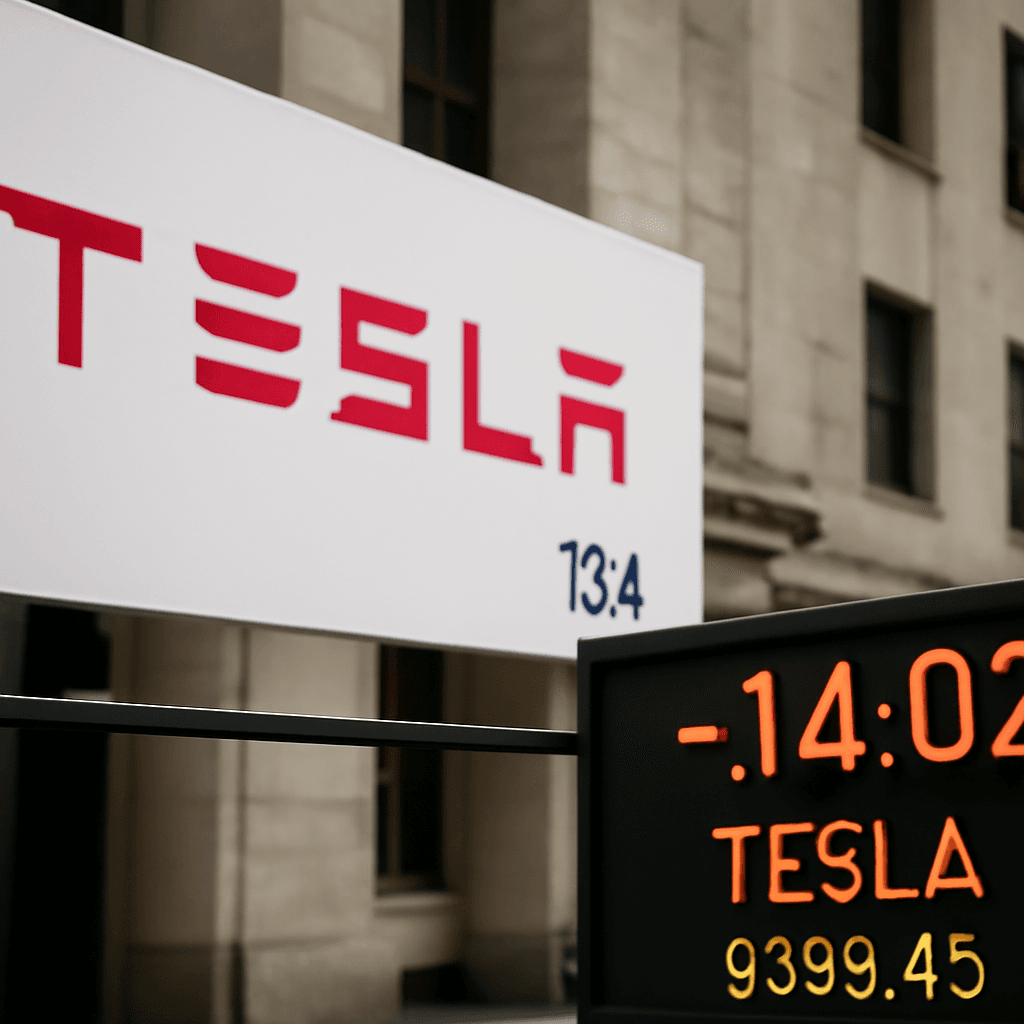Tesla’s Market Value Declines Sharply Despite After-Hours Recovery
Tesla's stock experienced significant volatility, falling 14% overnight and wiping out approximately $150 billion in market capitalization. This steep loss came amid escalating tensions between Elon Musk and former President Donald Trump, with Trump threatening to terminate government contracts with Musk's companies. After-hours trading saw Tesla shares bounce back by 0.8%, but the damage to market value was substantial.
Market Context: Global Shares and Investor Sentiment
Asian markets showed subdued activity as investors awaited critical U.S. employment data later in the day. The broader MSCI Asia-Pacific index (excluding Japan) slipped 0.1%, but remained close to an eight-month high, buoyed by a weekly gain of 2.2%. Japan's Nikkei added 0.3% on the day but was down 0.7% for the week.
South Korea's KOSPI was closed for a holiday but noted a strong weekly performance, climbing 4.2% to nearly an 11-month high. This uplift followed announcements by South Korea’s new President Lee Jae-myung regarding an emergency economic stimulus plan. The Korean won appreciated 2% this week, reaching its highest level in eight months.
Chinese blue-chip stocks remained flat, while Hong Kong’s Hang Seng index dropped 0.3%. Recently held discussions between Donald Trump and Chinese President Xi Jinping failed to provide any breakthrough on ongoing trade tensions, maintaining market uncertainty in the region.
US Labor Market Forecasts and Economic Indicators
Market anticipation surrounds the upcoming U.S. payrolls report amid a background of soft economic data, including a substantial 47% year-over-year rise in corporate layoffs and weaker-than-expected private payroll figures. Consensus forecasts estimate an increase of approximately 130,000 jobs in May, with the unemployment rate steady at 4.2%.
Any surprising weakness in the employment data could accelerate expectations for a Federal Reserve interest rate cut and potentially spark a rally in U.S. Treasury bonds. Currently, market futures imply a nearly 93% probability of a rate cut by September, with an additional move anticipated in December.
Analysts project payroll growth may fall short, estimating around 110,000 new jobs added in May. Recent market focus has shifted away from macroeconomic fundamentals toward trade tensions and fiscal deficits; however, weaker-than-expected employment numbers could renew investor attention on economic fundamentals and volatility.
Currency and Commodity Market Movements
The U.S. dollar remained stable against major currencies but faced a weekly decline of 0.7%, influenced by softer economic data. The euro benefited from the European Central Bank's recent rate cut and signals of nearing the end of its easing cycle, reaching a six-week high of $1.1495.
In commodities, oil prices retreated slightly but remained on track for weekly gains driven by ongoing supply concerns. U.S. crude futures dipped 0.1% to $65.29 per barrel while registering a weekly increase of 2.1%. Gold prices climbed 0.3% to $1,362 an ounce, with a total rise of 2.2% for the week.
Summary
The deterioration in the relationship between former President Donald Trump and Elon Musk has led to a dramatic sell-off in Tesla shares, erasing a substantial portion of the company's market value in one session. This event occurs against a backdrop of cautious global markets, soft economic data, and critical upcoming payroll reports that could influence U.S. monetary policy decisions. Investors continue to monitor developments in trade relations, currency movements, and commodity trends as they seek clarity in an uncertain environment.



















